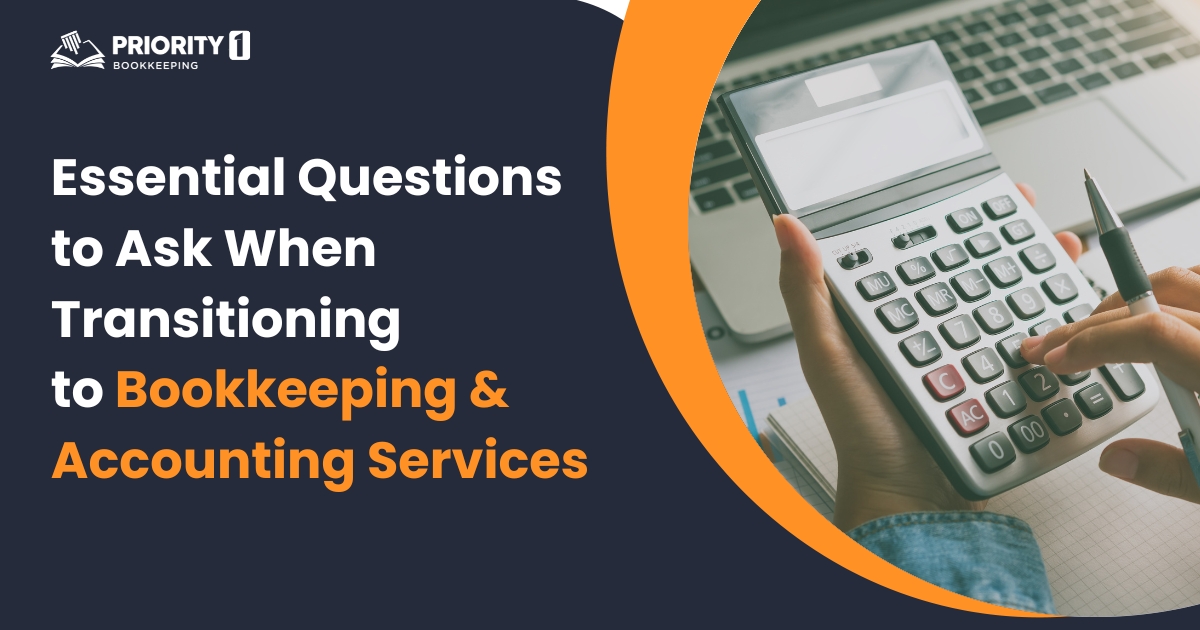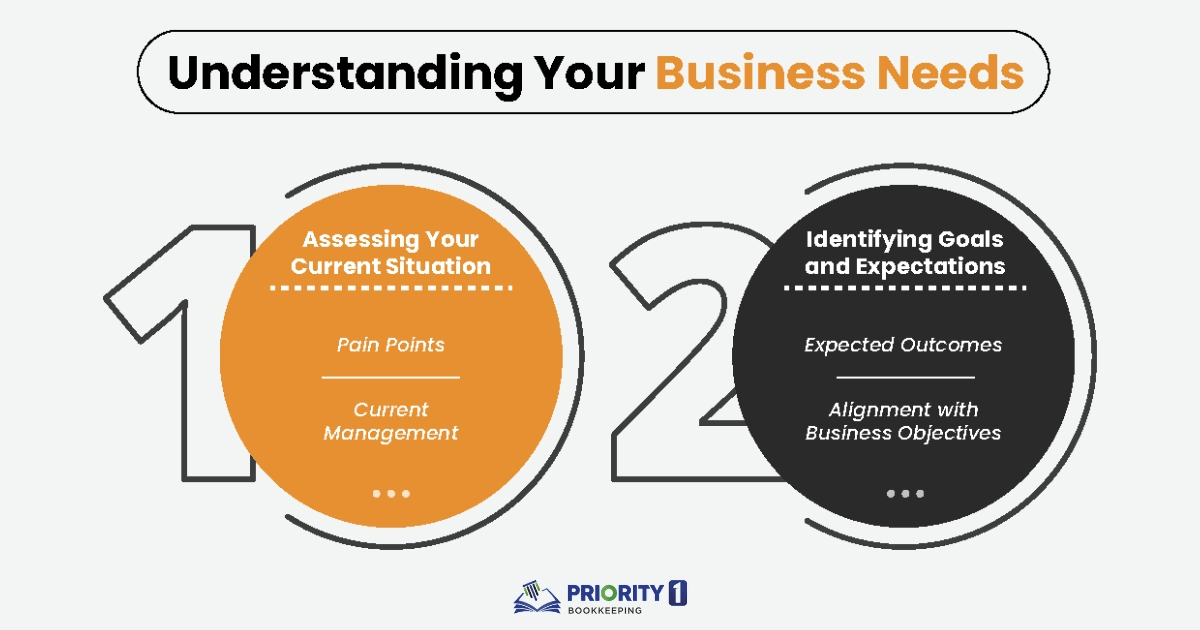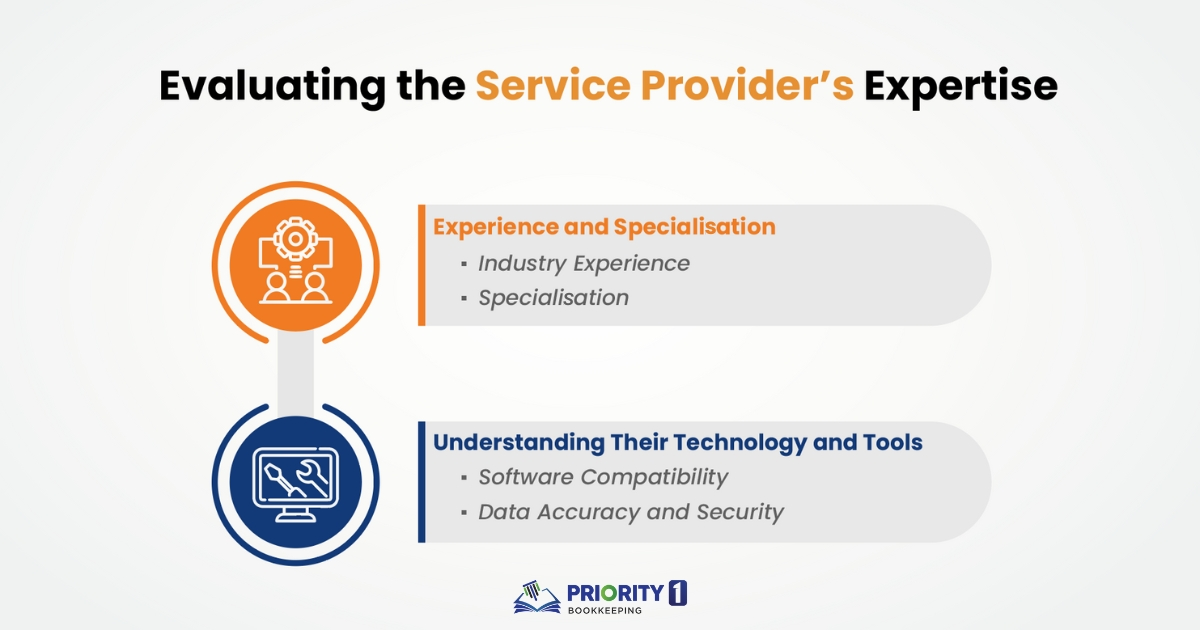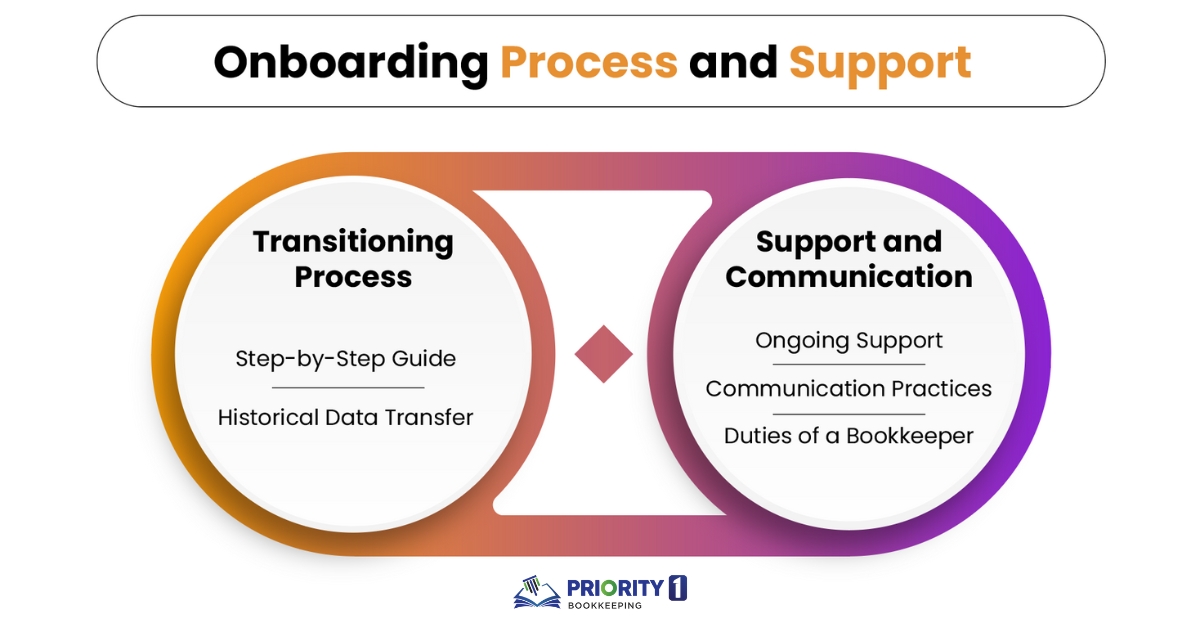
Accurate bookkeeping services are the backbone of any successful business, especially for small enterprises. Proper financial management ensures that your business runs smoothly, helping you stay compliant with regulations and make informed decisions. However, as your business grows, managing finances internally can become overwhelming. This is where professional bookkeeping and accounting services come into play. Brisbane accounting firms offer the expertise needed to take your financial management to the next level, ensuring that your business thrives.
In this blog, we’ll explore the essential questions you should ask when transitioning to bookkeeping services, with a particular focus on understanding the differences between accounting and bookkeeping. These questions will help you assess your needs, evaluate potential service providers, and make a decision that aligns with your business goals.

Before diving into the transition, it’s crucial to understand your current financial situation and what you aim to achieve by outsourcing your bookkeeping services.
What are the current challenges in your bookkeeping and accounting processes? Are you struggling with time management, accuracy, or compliance? Identifying these pain points will help you understand what improvements are necessary.
How are your bookkeeping services currently handled? Whether you have an in-house team or are managing it yourself, pinpointing inefficiencies will highlight areas where professional services can provide relief.
What specific outcomes do you expect from professional bookkeeping and accounting services? Perhaps you’re looking for more accurate financial reporting, better compliance, or simply more time to focus on growing your business.
How do these services align with your long-term business goals? For small businesses, in particular, outsourcing can free up valuable time and resources, allowing you to concentrate on expansion and innovation.

Choosing the right provider for your bookkeeping services is critical to ensuring a smooth transition and achieving your desired outcomes.
Does the service provider have experience working in your industry? Brisbane accounting firms with a history of serving businesses like yours are more likely to understand your specific needs and challenges.
Do they specialise in areas crucial to your business, such as small business bookkeeping services? A provider with expertise in your industry can offer tailored solutions that better meet your needs.
What software and tools do they use? Ensure that their systems are compatible with your current setup to avoid any disruptions during the transition.
How do they ensure data accuracy and security? Robust security measures are essential to protect your financial information and maintain compliance with regulations.

A smooth onboarding process is vital to the success of your transition to outsourced bookkeeping services.
What is the step-by-step process for transitioning your books to their system? Understanding this process will help you prepare for the change and set realistic expectations.
How will they handle the transfer of historical data? Ensuring that your past records are accurately migrated is crucial for maintaining continuity.
What kind of ongoing support do they offer during and after the transition? A provider that offers continuous support can help you navigate any challenges that arise during the process.
How do they communicate with clients? Quick response times and clear communication are key to a successful partnership.
What are the duties of a bookkeeper in their team? Understanding the roles and responsibilities of their staff will give you insight into how they will interact with your business and support your needs.
Pricing is a crucial factor when selecting bookkeeping and accounting services. However, it’s important to consider not just the cost, but the value you receive.
How is their pricing structured – fixed fee, hourly, or a combination? Understanding the fee structure will help you budget effectively and avoid any surprises.
Are there any hidden fees or additional costs to be aware of? Transparency in pricing is essential to avoid unexpected expenses.
What value-added services do they offer beyond basic bookkeeping and accounting services? Look for providers who offer additional support, such as financial consulting or tax preparation.
How do they measure and report on the return on investment (ROI) of their services? This can give you a clear picture of the financial benefits of outsourcing your bookkeeping services for small businesses.
Maintaining compliance with regulations and managing financial risks are key responsibilities of any bookkeeping and accounting service provider.
How do they ensure that your business remains compliant with local and national regulations? A provider with a strong track record in compliance can help you avoid costly penalties and legal issues.
What is their track record with handling audits or tax filings? Experience in these areas is crucial for maintaining financial health and avoiding complications.
What is the difference between accounting and bookkeeping in their approach to compliance? Understanding this difference will help you see how both services can work together to support your business.
How do they manage financial risks, such as fraud or data breaches? Providers should have robust risk management strategies to protect your business.
What insurance or guarantees do they offer against potential financial discrepancies? This adds an extra layer of protection for your business.
Before making your final decision, it’s important to review client testimonials and case studies to gauge the provider’s reputation and track record.
Can they provide testimonials from clients similar to your business who have used their bookkeeping services? Positive feedback from other small businesses can give you confidence in their abilities.
Do they have case studies demonstrating successful transitions for other clients? Case studies provide real-world examples of how their services have benefited other businesses.
What is their reputation among Brisbane accounting firms? A well-regarded provider is more likely to offer reliable and high-quality services.
Can they provide referrals from businesses that have benefited from their services? Speaking directly with past clients can provide valuable insights into their performance.
Transitioning to professional bookkeeping and accounting services is a significant step for any business, particularly small businesses. By asking the right questions, you can ensure that you choose a provider who understands your needs, aligns with your goals, and offers the expertise necessary to support your business’s growth.
If you’re ready to take the next step, consider reaching out to Priority1 Bookkeeping a reputable Brisbane accounting firms that offer comprehensive bookkeeping services. Making an informed decision now will pay dividends in the long run, ensuring the financial health and success of your business. Remember, understanding the difference between accounting and bookkeeping is key to leveraging both services effectively for your business’s benefit.
Stay updated with expert bookkeeping tips and insights! Subscribe now to receive updates directly in your inbox for your business.
* We never spam your email
38B Douglas Street, Milton QLD, 4064 Australia
Monday - Friday 09:30 AM - 05:30 PM
© 2025 All Rights Reserved.